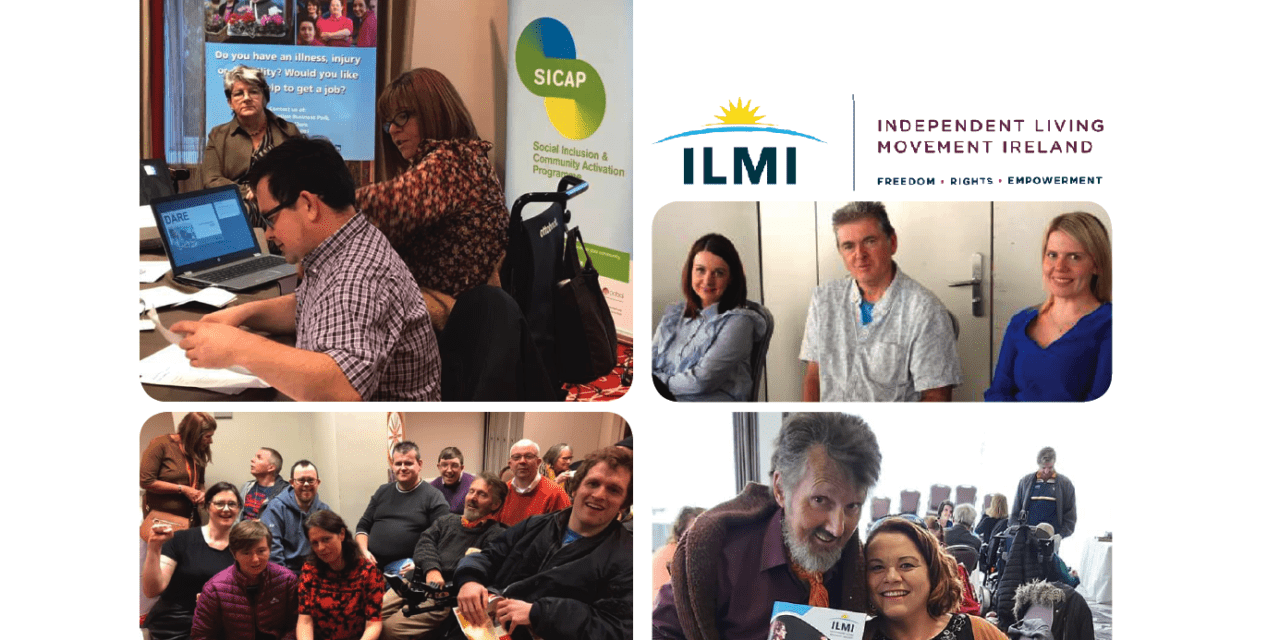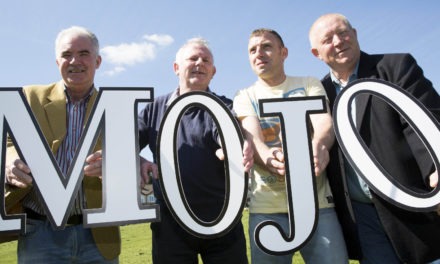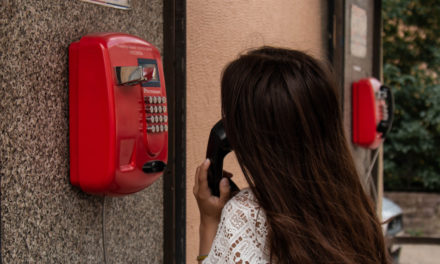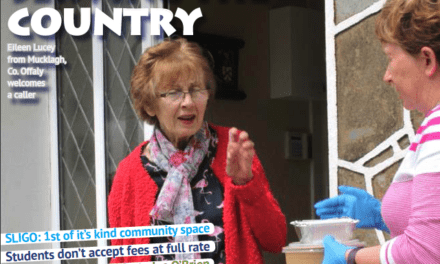Minister Rabbitte agrees: €3m to go on independent living solutions
Growing up in the Dublin suburb of Coolock, Peter Kearns recalls being sent to a special school every day in an ambulance.
He left the other children in his working class community each day to go to a “special clinical school in posh Sandymount,” he says.
Now a project manager with the Independent Living Movement of Ireland (ILMI), Mr Kearns said the experience left him with a clear understanding of the flaws in the medical model of disability.
He said it gave him “a mirror to look at how that experience was shaped by oppressive suggestions and directions and signposts.”
On May 5th, Mr Kearns chaired the ILMI conference ‘Everything You Wanted To Know About Disability But Were Afraid To Ask’.
The conference took place on the same day that the Office of the Ombudsman launched its report* ‘Wasted Lives’ (see previous page) on the experience of around 1,300 people with disabilities, aged under 65, who are stuck in nursing homes.
The conference also looked at the social model of disability, which sees disability as caused by society’s barriers (from attitudes to physical blocks) rather than by any difference or impairment.
Incarcerated to get “parole”
Selina Bonnie, access and equality officer for South Dublin County Council, said the ILMI was well aware of the issues before they were raised in the Ombudsman’s report.
Those younger people with disabilities, “have not been placed in nursing homes, they have been involuntarily incarcerated,” she said.
Fianna Fáil TD, Anne Rabbitte, Minister of State with responsibility for disability, launched the conference.
She said she will introduce legislation to ensure that disabled people and their organisations are central to the development of policy in the future.
She hopes to remove barriers to disabled people fully participating in education and employment too, she said.
Government and senior civil servants must move towards the social model of disability, said the Minister.
“Ultimately I am here to listen and learn,” she said.
Minister Rabbitte said nursing homes were “not an appropriate placement” for under 65s and that those people should be provided with independent living solutions.
The government has allocated €3m towards that. “There is a clear government commitment to reduce this and provide a pathway to eliminate this practice,” she said.
Responding, Ms. Bonnie said, “It is wonderful that from today people will start to be paroled.”
A Social Construct
The first question to the panel was ‘What does the word disability mean to you?’
“To me, disability is a social construct,” said Maggie Cameron, a freelance disability equality and diversity trainer with experience in developing Disabled Persons Organisations (DPOs).
She quoted the feminist philosopher, Simone de Beauvoir, who famously said that “women were made not born.”
What de Beauvoir meant was that at that time society treated women very differently from men and that resulted in them having a different set of expectations and outcomes compared to men, said Ms Cameron.
“In terms of disability it is also true,” she said. “We are told as disabled people that there is something wrong with us, that we are not quite right. This is all medical model thinking.”
Society makes assumptions and stereotypes about people with disabilities and the medical model sees disability as a negative, which can result in people being put in institutions.
The social model has completely different expectations and views disability as external.
“We have impairments, conditions, whatever term you chose to use about yourself,” she said. “But disability is imposed.
How can the social model be applied?
Ms Cameron welcomed the minister’s attendance at the conference.
Systems can be hard to change, she said, but disabled people’s organisations can educate policymakers about the social model.
“If you work through and come from a social model ethos and understanding, it enables you to ask the right questions so you can then provide the right services,” said Ms Bonnie, who works for South Dublin County Council.
In an example from her own job, she said South Dublin County Council shouldn’t ask people if their disability stops them from using the parks. Instead it should ask – “How can we change our parks so that you can use them?”
The social model means moving away from the charity model of service provision, said Amy Hassett of Disabled Women Ireland.
“We change disabled people from being recipients of charity… to people who have expertise,” she said.
Disabled persons’ organisations have expertise and that should be valued in terms of their input into policy and decision making, she said. Disabled people are twice as likely to live in poverty and half as likely to be employed, yet they are constantly being called on to work for free.
“How can I send a disabled person to go and give their expertise pro bono, when we are already more likely to be impoverished and less likely to be employed? It is not fair,” said Ms Hassett.
The right to organise
“Freedom of expression and the right to organise,” are essential, said Des Kenny, chairperson of ILMI. There should be a variety of groups of people with disabilities too. “Disabled people could bring a certain new tapestry to a new collective,” he said.
“Where would you be without a strong DPO?” asked Ms Cameron.
There aren’t any in the northeast of England where she is working, because the funding has dried up. That means a decline in advocacy, information and peer support.
Local authorities and social services don’t always have the expertise and knowledge required. “People are just left not knowing where to turn.”
- This was the first in a series of online ILMI events. For more, follow the ILMI on social media.




